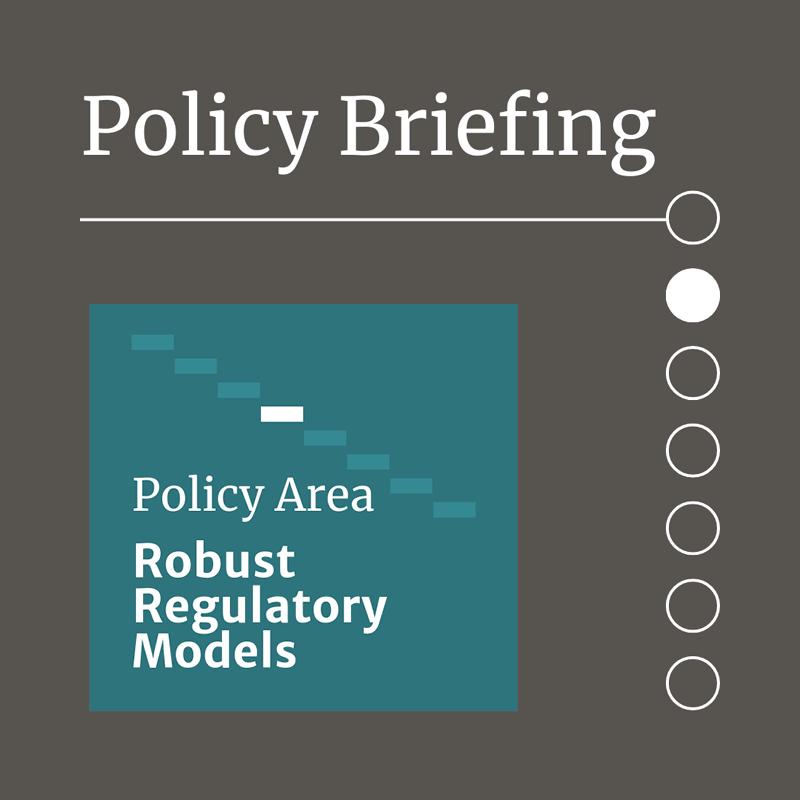Policy briefing: Misinformation and disinformation regulatory frameworks

This report summarises a policy roundtable held with 15 experts, unpacking legislative and regulatory interventions around misinformation and disinformation in the context of the Combatting Misinformation and Disinformation Bill (the Bill).
The discussion noted issues with the existing regulatory framework, based on Digi’s Australian Code of Practice on Disinformation and Misinformation (the Code). The existing framework does not adequately create accountability, transparency nor comply with human rights principles. Fundamentally, because the Code is drafted and overseen by industry, there are insufficient incentives to improve practice.
The Bill requires meaningful adjustment in order to achieve its admirable ambition.
This paper recommends:
Reframing the Bill, focusing on how the Bill will enhance public oversight. This includes oversight over any measures deployed by social media platforms that may affect freedom of speech.
Amending the Bill to:
- Require proactive risk assessments for larger platforms that include consideration of human rights. These could be Australian versions of the risk assessment requirements that are already produced under the EU’s Digital Services Act, to reduce regulatory burden.
- Require larger platforms to publish routine transparency data, set by Ministerial discretion and without Australian Communications and Media Authority (ACMA) requests needing to be made. This would help improve both public trust and transparency, as well as reduce the burden on ACMA’s investigative team.
- Require researcher access to public interest data, enabling independent researchers to request relevant data from platforms. These requirements could mimic requirements established under the EU’s Digital Services Act (DSA), which means large platforms would not have to establish new systems to comply.
- Empower the ACMA to intervene and substitute the Code with a regulatory standard before a ‘total failure’ of the Code occurs. Where substantial deficiencies are evident, ACMA should be able to act.
Considering the implications of the existing Privacy Act Review and upcoming Online Safety Act Review, especially with regard to consumer opt-outs and risk assessments.
Ensuring ACMA is adequately resourced to deliver effective changes.
Ensuring ACMA has adequate powers to deliver accountability, especially through the levels of civil penalties resulting from breaches.